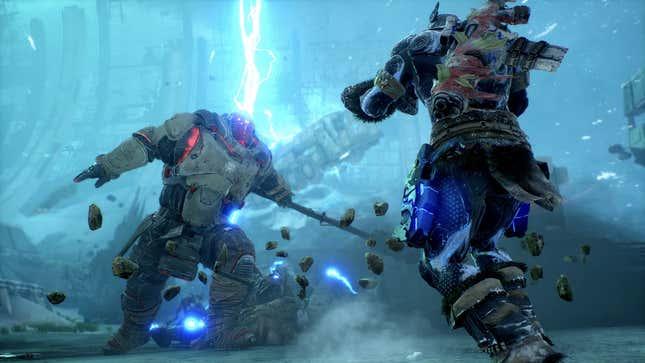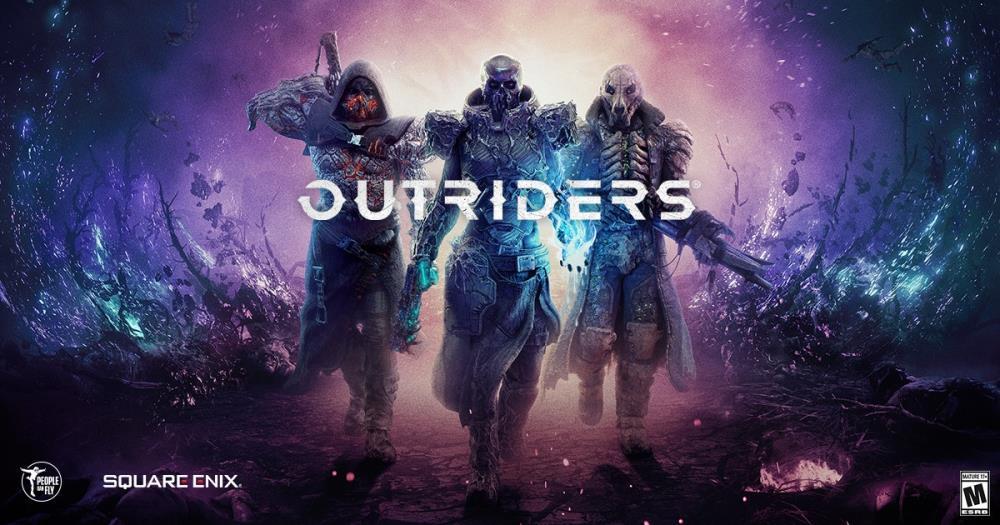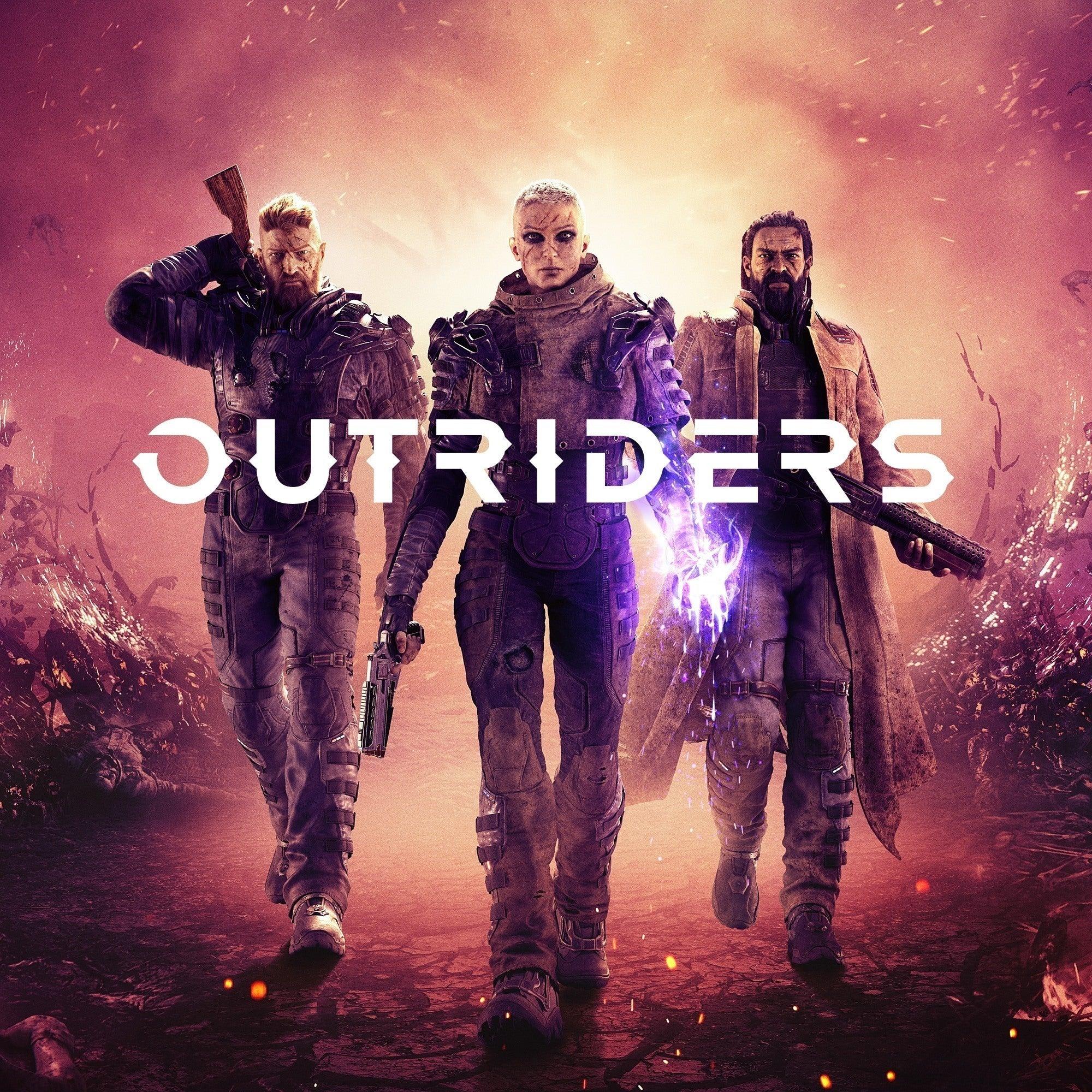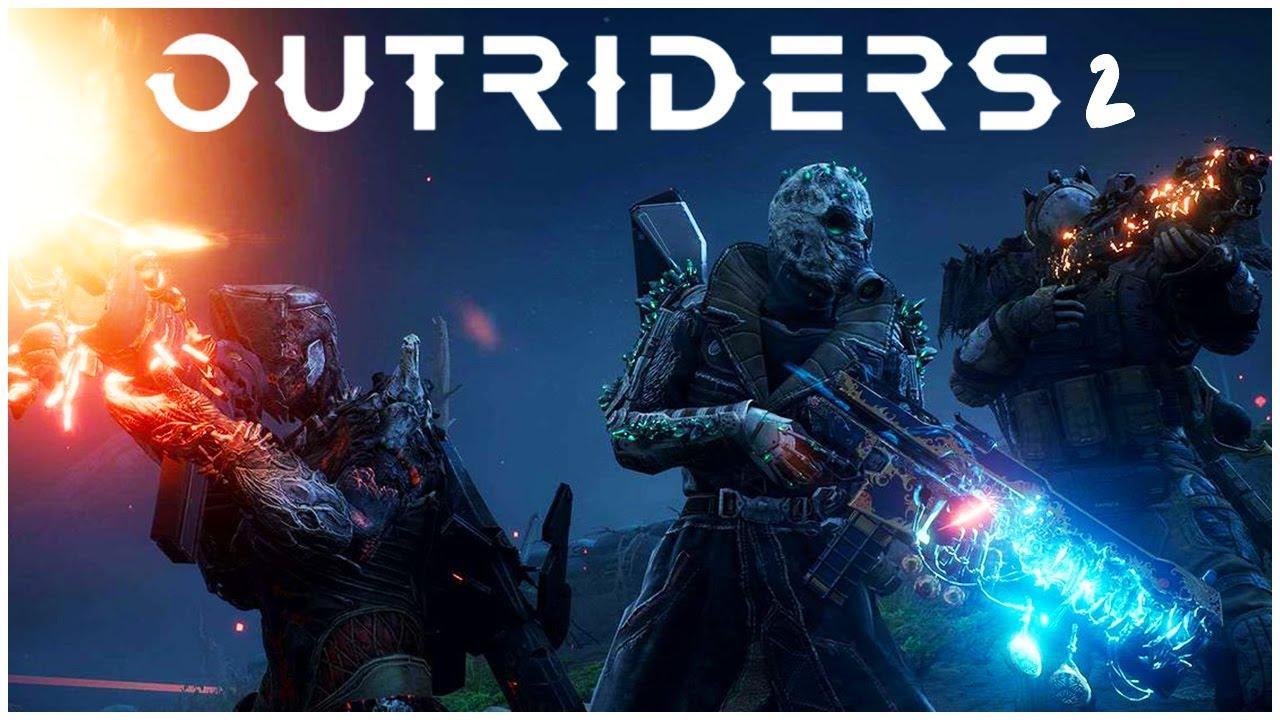Outriders 2 Development Halted Amid Publisher Disputes
The anticipated sequel to the popular looter shooter, Outriders, has reportedly been shelved due to a series of disputes between the game’s developer and it’s publisher, Square Enix. Following the initial success of the first game, which garnered a dedicated fanbase, expectations were high for a follow-up. However, internal sources indicate that a breakdown in negotiations regarding funding and creative direction led to a contractual impasse that could not be resolved. As a result, development is said to have come to a standstill, leaving both fans and the development team in a state of uncertainty.
the reasons behind the tumultuous relationship between the two parties appear to stem from various factors, including:
- Disagreements over budget allocation: Developers have expressed concerns regarding the financial backing necessary for a comprehensive sequel.
- Creative differences: conflicting visions for the game’s narrative and mechanics reportedly contributed to tensions.
- Market performance analysis: The mixed critical reception of the original title may have caused hesitance from Square Enix regarding the investment in a sequel.
As industry observers piece together the implications of this halt in development, it’s evident that this could signify a larger trend concerning publisher-developer relationships in the gaming landscape. The future of Outriders and its community now hangs in the balance, as fans await any official announcements regarding the project’s fate.

Examining the Creative Challenges Faced by People Can Fly
The journey of People Can Fly, especially with their aspiring project “Outriders 2,” has been fraught with various creative hurdles that can profoundly impact the game development process. As thay navigated through the complexities of game design and narrative development, the studio faced several challenges that ultimately led to the project’s cancellation. Internal conflicts, alignment with publisher expectations, and technical limitations regularly put pressure on the studio’s creative vision. Developers reported feeling confined by the rigid frameworks occasionally imposed by Square Enix,leading to a discord between artistic intentions and commercial viability.
Moreover, balancing innovation with established gaming conventions has become a critical point of contention. The studio’s desire to introduce fresh mechanics and narratives often clashed with marketing strategies that favored a familiar formula. As an inevitable result, some reported feelings of frustration among team members, as key aspects such as artistic freedom, resource allocation, and team morale were compromised. This habitat not only stymied the creative process but also highlighted the broader issue of how publisher relationships can impact the artistic direction of game development. Ultimately,while the ambition behind “Outriders 2” was commendable,the challenges inherent in these dynamics served as a stark reminder of the risks that often accompany such high-profile collaborations.

The Impact of Square Enix’s Decision on Future Collaborations
The cancellation of Outriders 2 serves as a critical juncture in Square Enix’s collaborative strategy, stirring concerns about the publisher’s commitment to nurturing accomplished partnerships with developers. With the ongoing challenges of balancing creative vision and commercial viability, this decision may signal a retreat from the collaborative environment that once characterized the gaming industry. As studios evaluate their futures, the implications of such cancellations can resonate broadly, possibly leading to a chilling effect on new and existing projects. Developers may now reconsider their alignment with Square Enix, weighing the potential risks against the advantages of their extensive resources.
Moreover, this development could redefine the expectations for future collaborations, pushing developers to seek alternative partnerships that align more closely with their creative aspirations. If Square Enix remains reluctant to embrace the innovative storytelling and gameplay mechanics that distinguished titles like Outriders, we might witness a shift toward indie studios or publishers willing to invest in bold ideas. The market may soon see a rise in collaborations characterized by greater creative freedom, giving developers a chance to reclaim their narratives and re-establish the trust that might have been lost in the wake of such high-profile cancellations.

Lessons Learned: Navigating Publisher Relationships in Game Development
Navigating the complex landscape of game publishing can be a double-edged sword for developers. The recent cancellation of “Outriders 2” highlights the critical importance of maintaining healthy relationships with publishers. When creative visions clash with business goals, misunderstandings can escalate into costly setbacks. Developers must recognize the key factors that influence these partnerships, including:
- Clear Communication: Open dialog can prevent misinterpretations and align expectations between teams.
- Shared Goals: Ensuring that both parties understand and strive for common objectives is vital to steer projects toward success.
- Versatility: The willingness to adapt to changes in direction or scope can significantly ease tensions that arise during development.
furthermore, fostering a collaborative environment where developers and publishers can offer constructive feedback can lead to innovative solutions and enhance the overall quality of the project. It’s crucial to establish trust and mutual respect, which sets the foundation for successful collaboration. Othre aspects to keep in mind include:
- Contractual Clarity: Detailed contracts outlining responsibilities and expectations help avoid disputes.
- Market Understanding: Being attuned to market trends allows for better alignment with publisher strategies.
- Post-Mortem Analyses: Engaging in thorough evaluations after project completions can yield valuable insights for future collaborations.
